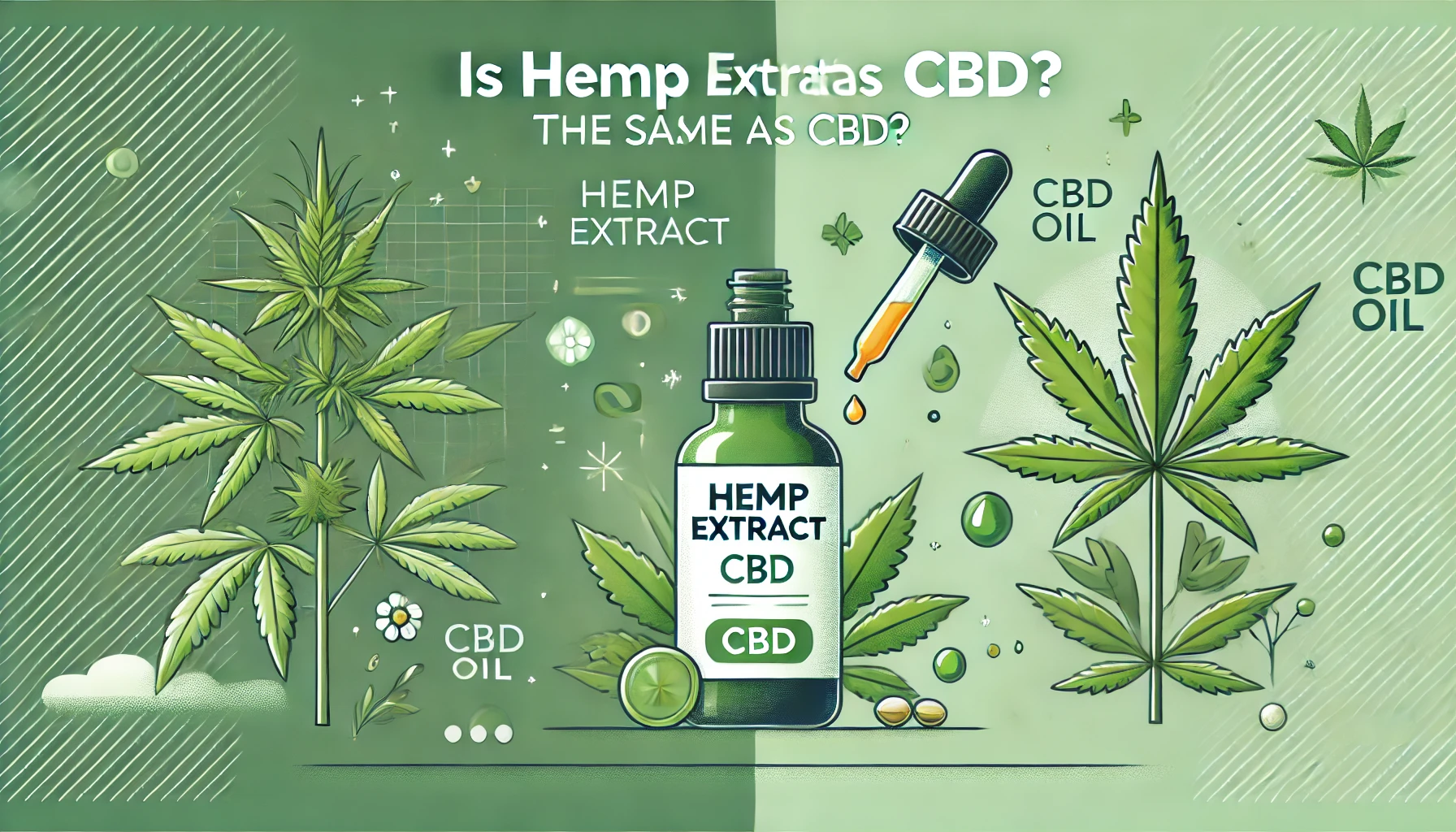The rise in popularity of natural wellness products has brought hemp extract and CBD into the limelight. With their growing presence in health stores, online shops, and even local farmers' markets, it's no surprise that there's some confusion around these terms. You might find yourself asking, "Is hemp extract the same as CBD?" Let's dive into the details to clarify the differences and understand how each can contribute to your wellness journey.
Understanding Hemp Extract
Hemp extract is a broad term that refers to any oil extracted from the hemp plant, scientifically known as *Cannabis sativa*. This plant has been cultivated for thousands of years for its fibers, seeds, and medicinal properties. Hemp extract can contain a wide range of cannabinoids, terpenes, flavonoids, and other beneficial compounds found in the hemp plant.
The extraction process typically involves using solvents like ethanol or CO2 to pull these compounds from the plant material, and some even take it a step further with spagyric processing. The resulting product is a concentrated oil that captures the essence of the hemp plant. This oil can be further refined and used in various products such as tinctures, topicals, and edibles.
Defining CBD
CBD, or cannabidiol, is one of the many cannabinoids found in the hemp plant. It is celebrated for its potential therapeutic benefits, including reducing anxiety, alleviating pain, and improving sleep. Unlike its more famous cousin, THC (tetrahydrocannabinol), CBD is non-psychoactive, meaning it doesn't produce the "high" associated with cannabis use.
When a product is labeled as containing CBD, it specifically means that cannabidiol has been extracted and isolated from the hemp plant. This can be in the form of a full-spectrum extract, which includes other cannabinoids and compounds, a broad-spectrum extract, which removes THC but retains other cannabinoids, or a CBD isolate, which is pure cannabidiol.
Key Differences Between Hemp Extract and CBD
While all CBD is derived from hemp extract, not all hemp extract contains significant amounts of CBD. This distinction is crucial for consumers seeking the specific benefits associated with CBD.
1. Composition: Hemp extract is a broad term that can include a variety of compounds from the hemp plant, while CBD refers to the specific cannabinoid cannabidiol.
2. Usage: Hemp extract can be used in products that aim to provide the benefits of the entire hemp plant, including its nutritional profile and other cannabinoids. CBD products are typically used for their specific therapeutic effects.
3. Labeling: Products labeled as hemp extract might not necessarily contain CBD or might contain it in small amounts. In contrast, CBD products will specify the amount of cannabidiol present.
Final Thoughts
In the ever-evolving world of natural wellness, understanding the nuances between hemp extract and CBD can empower you to make informed decisions about your health. While they share the same botanical origin, their compositions and uses can differ significantly.
By knowing the difference, you can choose products that align with your wellness goals, whether you're aiming to boost your nutritional intake with hemp extract or seeking the specific therapeutic benefits of CBD. As always, consult with a healthcare professional before starting any new supplement regimen, especially if you have underlying health conditions or are taking other medications.
At Pillar Līf, we believe in the power of natural wellness and the incredible potential of hemp-derived products. Whether you’re exploring hemp extract or CBD, we're here to support your journey toward a healthier, more balanced life.

